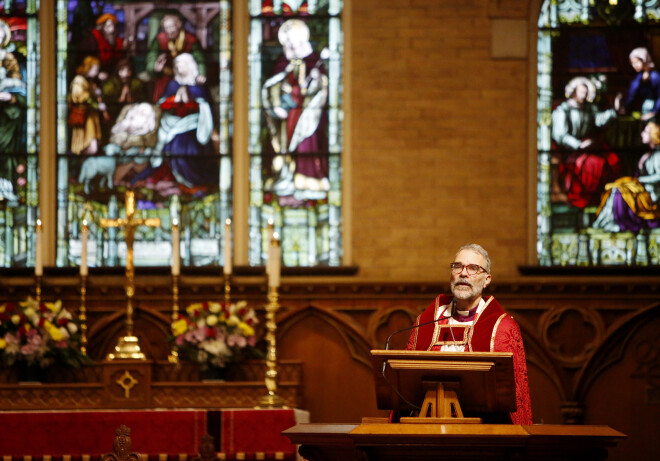Creation

Our understanding of ourselves as creatures is inseparable from our being a part of the created order around us. Now our responses to that surrounding world are many: awe at its’ beauty, a desire to dominate it, the sense that we could speak on its behalf, a wistfulness at its wholeness, and shock at its brutality. We, like it, are contingent, fragile, passing. We, embodied, are blessed with fruitfulness in bearing children. So we are a part of it, yet these reactions themselves set us apart. Each description mentioned impinges somehow on the question of faith.
We humans have been tempted to worship the creation, to mistake it, and so us, with the Creator, in idolatry, as we mentioned above. Though we should identify with and, ideally, steward creation, Christians have had a major role in ‘desacralizing’ the natural order. When we note the corruption of creation, we ought, in this age of ecological awareness, to see our own guilt. We also realize that the realms of creation and redemption imply one another. Creation cannot save, but it can whisper to us of the Creator.
If we consider the first chapter of Genesis, we can see the rich pluriformity of creation, the diversity and distinctiveness of its forms. This bespeaks the generosity and endless creativity of the Creator. There is a side of creation which reveals in sheer ‘difference,’ though the believer can perceive them all inarticulately praising the one Creator. (e.g. Psalm 148)
Is a belief in creation something then we share with those who follow Eastern or indigenous faiths and with secular people? In part, for they and we appreciate its beauty and should have a concern for its protection. This ‘overlap’ in commitments is valuable: ‘who is not against us is for us.’ However, in light of the question of faith, the things that we as monotheists believe also come to stand out.
Romans 8:22-24
22 We know that the whole creation has been groaning as in the pains of childbirth right up to the present time. 23 Not only so, but we ourselves, who have the first fruits of the Spirit, groan inwardly as we wait eagerly for our adoption to son-ship, the redemption of our bodies. 24 For in this hope we were saved. But hope that is seen is no hope at all. Who hopes for what they already have?
Augustine’s Confessions
And what is this? I asked the earth; and it answered, "I am not He;" and whatsoever are therein made the same confession. I asked the sea and the deeps, and the creeping things that lived, and they replied, "We are not thy God, seek higher than we." I asked the breezy air, and the universal air with its inhabitants answered, Anaximenes was deceived, I am not God." I asked the heavens, the sun, moon, and stars: "Neither," say they, "are we the God whom thou seekest." And I answered unto all these things which stand about the door of my flesh, "Ye have told me concerning my God, that ye are not He; tell me something about Him." And with a loud voice they exclaimed, "He made us.”
Robert Browning, ‘In Memoriam’
Who trusted God was love indeed
And love Creation's final law
Tho' Nature, red in tooth and claw
With ravine, shriek'd against his creed



